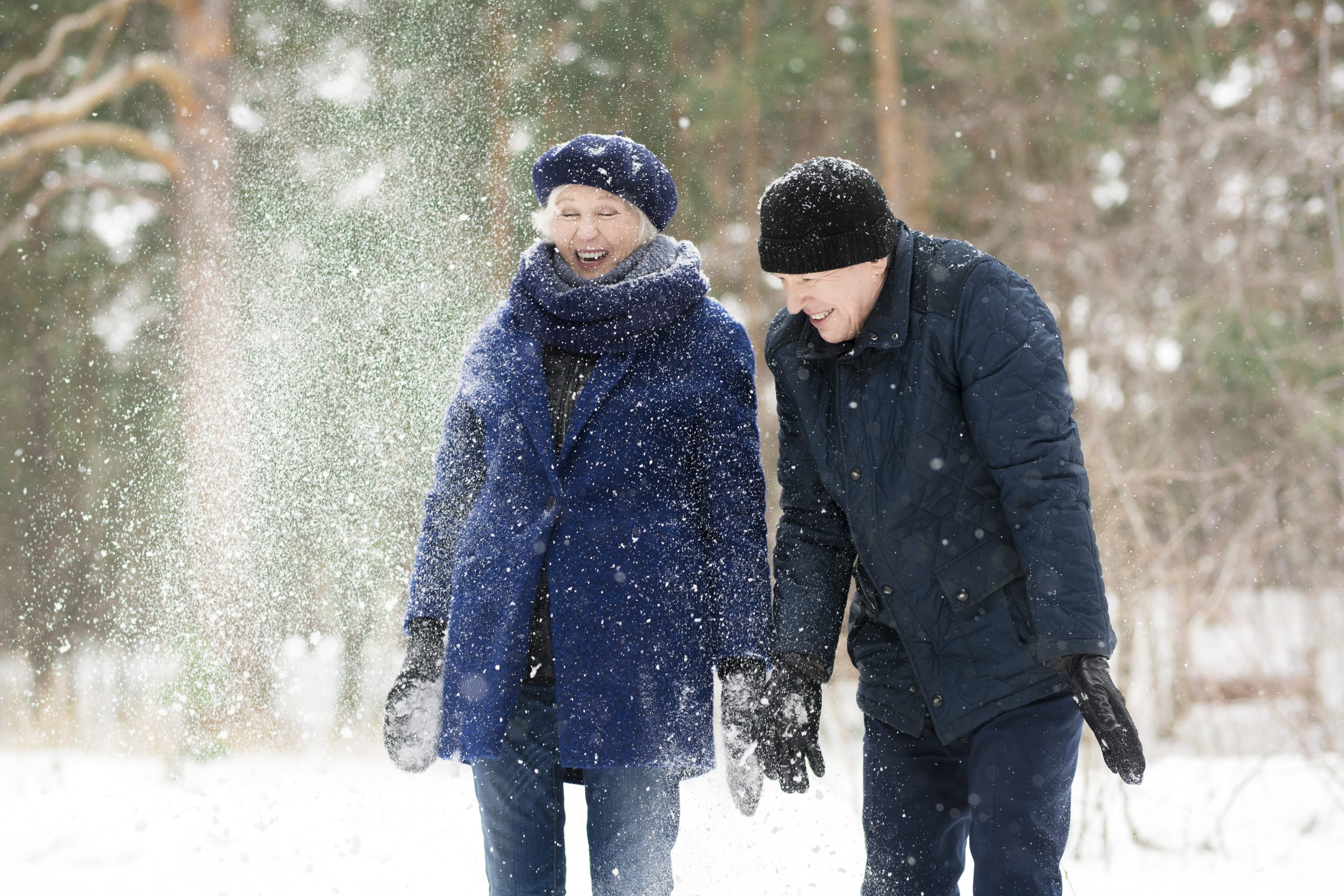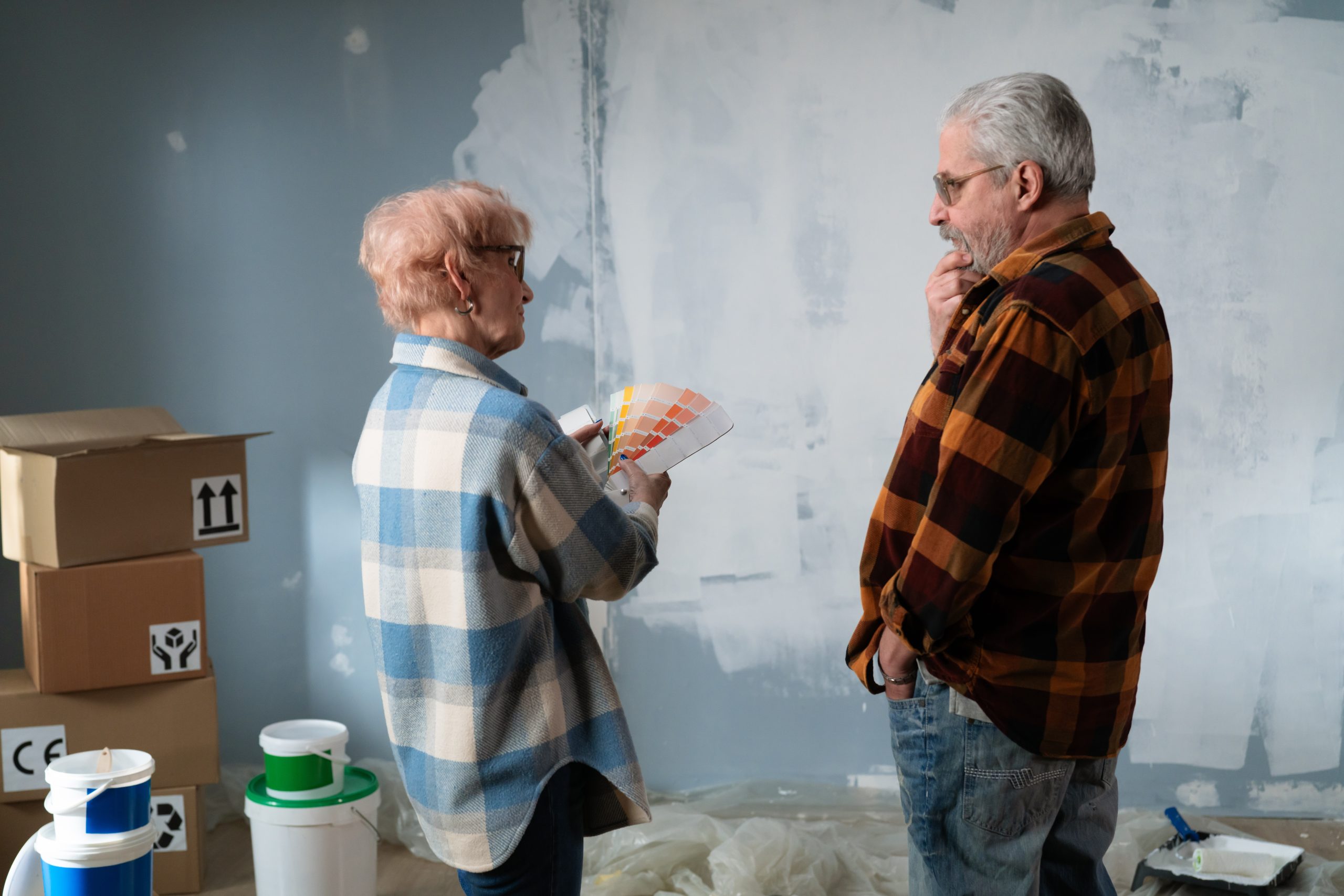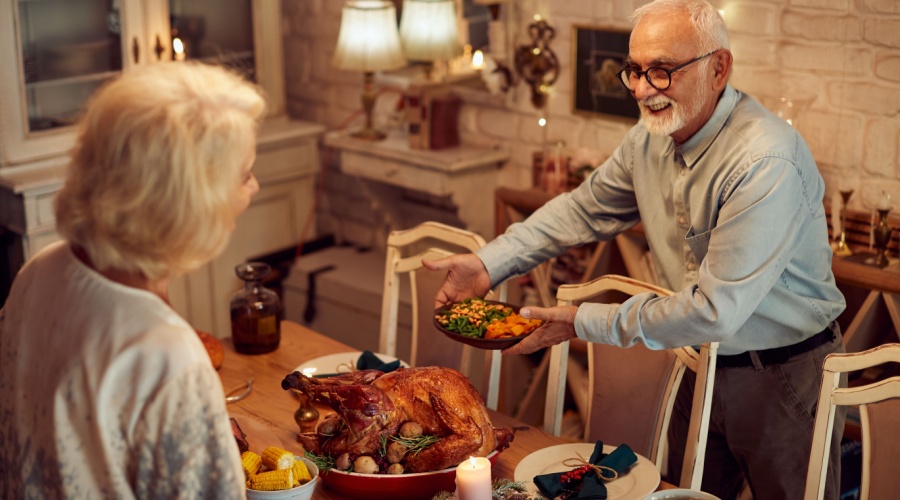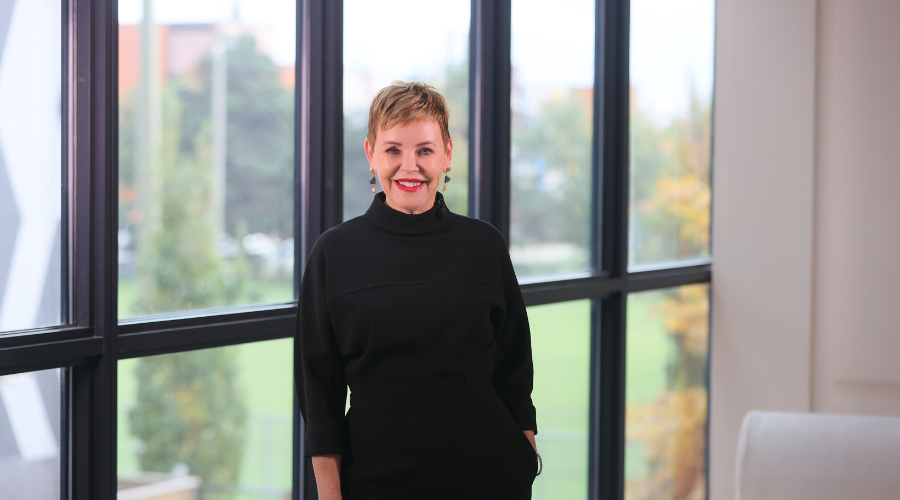Is a Family Cottage Right for You? (Why We Built Ours)
Some time ago, our family made a decision: to build a cottage, not as an investment, but as an invitation.
We wanted a place where everyone could show up precisely as they are. A space that didn’t require makeup, schedules, or shoes. Just coffee, conversation, and maybe a canoe.
For us, the cottage isn’t a luxury; it’s a lifestyle choice. It’s where we reset. It’s where the pace slows, the noise quiets, and family connections deepen in ways that can’t be scheduled on a calendar.
I’ve always believed the best family moments don’t happen on scheduled holiday gatherings or at significant events, they happen on the dock, when the sun sets, and stories are shared.
Family First, Always
When I think about cottage life, I think about our grandchildren. They don’t need more gadgets. What they need are memories, experiences that remind them who they are and where they come from.
At the cottage, we walk and talk. We laugh. We cook together. We spend time together, and that’s the point.
Those weekends when everyone shows up, sometimes messy, sometimes tired, are the moments that anchor our family. And truthfully, they especially anchor me.
A cottage is more than wood and water. It’s a shared rhythm, one that lets us slow down and rediscover one another. But it isn’t always easy, and there are times when you have to do the heavy lifting for the family. You have to be ok with that. I often refer to this as my ROI – return on investment, and the payout is enormous.
The Real Costs of Owning a Cottage in Canada
Now, let’s talk about the part people don’t always want to discuss: money.
Cottage life comes with costs, real ones. Property taxes, maintenance, insurance, utilities, not to mention repairs that always seem to show up at the worst possible time. A cottage is not a set-it-and-forget-it kind of investment.
For many families, it’s a significant financial decision, one that deserves the same level of planning as any major purchase. Whether you’re drawing from savings, tapping home equity, or looking at creative financing like a reverse mortgage, these options have to fit into your long-term plan.
Because you don’t want the place that brings you peace to become the thing that causes you stress.
When I write about finances, I often say: Let your money reflect your values. If a cottage adds meaning, strengthens relationships, and brings joy, then it can absolutely be worth it. You have to go into it with eyes open and a spreadsheet ready.
Cottage Ownership Trade-Offs
Cottage ownership isn’t always idyllic. There are dock repairs in the rain, frozen pipes in April, and mosquitoes in June.
Sometimes, the romantic version of cottage life doesn’t quite match reality. There are long drives, big bills, and more chores than you’d expect. The hope is that your family will come, but they can have other items on their agenda. Flexibility is key.
But the trade-offs are the price of the payoff, and the payoff is peace.
When I’m sitting on the deck, wrapped in a blanket with a cup of coffee, listening to loons that live right outside the door, I’m reminded that what we’ve built isn’t just a structure. It’s a lifestyle that is very special.
It’s where the kids can unplug and the adults can exhale.
Building a Legacy. Not Just a Property
To me, the cottage is a legacy, not in the financial sense, but in the emotional one.
We hope that it’s where future generations will remember times gathered long after we’re gone. It’s where laughter will echo and memories will linger.
That’s why I encourage anyone considering a cottage to think beyond the mortgage. Ask yourself:
- Who will use it?
- Who will care for it?
- What do you want this place to mean to your family?
The financial plan matters, but the purpose matters more.
My Advice: Do It Wisely, Do It for Love
If I could offer one piece of advice, it would be this: let your dream be grounded in numbers and driven by love.
Cottage life isn’t for everyone, but for us, it’s been everything.
It’s taught us patience, gratitude, and the art of doing nothing together. It’s shown us that the richest parts of life can’t be bought, only shared
So yes, the cottage takes work. It costs money. It’s imperfect.
But it’s also where our best days happen, ice cream is consumed daily and where I often have a smile on my face.
Final Thought:
Cottage life isn’t just a lifestyle. It’s a choice to invest in connection over convenience, memories over materials, and time over things. And that, to me, is wealth in its most valid form.































